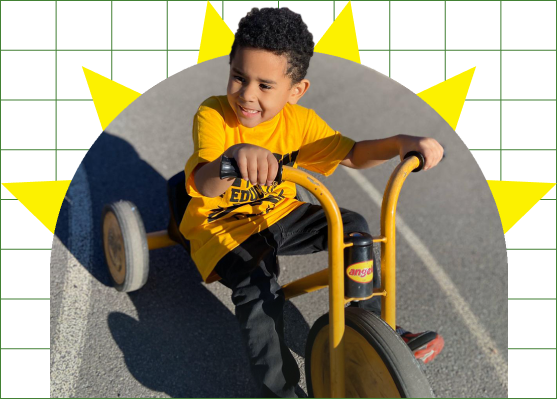Feeding your preschooler can be a challenge even at the best of times. Young children can sometimes be picky or go through phases where they eat tiny amounts. Sometimes they only want to eat cookies or macaroni and cheese.
The good news is that preschoolers are still setting their eating habits at this stage, and it’s possible to help get them off to a healthy start that will benefit them their whole lives. With a little patience and repetition, you can help pave the way for healthy eating.
Offer New Foods Frequently
If your child flat out rejects a food, don’t give up! A preschooler needs to be exposed to a food about 10 times before they accept the food and eat it. Keep offering the new food even if they have rejected it in the past. You can encourage them to try it more by offering new foods first when they are hungrier, and then familiar foods after the new ones.
Don’t Give Up
Nutrition is critical to your child’s development, especially at this age. 20% of a child’s caloric intake is going to brain development. Learning, memory, and focus are all dependent on your child’s nutrition to some degree.
Your child needs to eat a wide variety of foods to develop. This includes eating a variety of vegetables, fruits, healthy fats, etc.
Avoid creating an unhealthy relationship with food
The pressure to make your child eat all their vegetables is high, but it’s important not to force your child to eat any food. Forcing your child to eat food can cause them to develop a negative association with the food.
Instead, simply keep offering healthy foods at every meal.
Involve Your Kids in Cooking
Children are more likely to eat a meal if they had a hand in its preparation. Let your child help prepare food wherever it is safe to do so. You can also take this a step farther if you have the space by planting a garden and letting your child help take care of it. Children that grow vegetables are more likely to eat vegetables.
Check What Daycare is Feeding
Most children spend at least some time in a daycare or preschool. If this is the case, find out what their menu is and make sure there are healthy options on it. Your child is more likely to eat vegetables if they see their peers eating them.
A solid nutrition program at their daycare means you can trust your child is getting healthy foods for the snacks and meals they may eat there. If your child is there for breakfast, a snack, and lunch, they are getting a significant amount of nutrition for those meals.
Nutrition is often a big concern for parents, and rightfully so. Childhood is a time of rapid growth, and many nutrients are needed to help a child reach their full potential. These tips can help you keep your child on the right track, and help them eat healthier foods.


